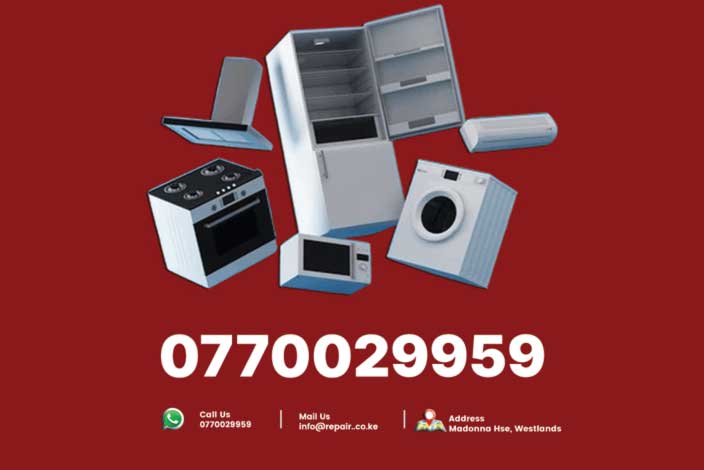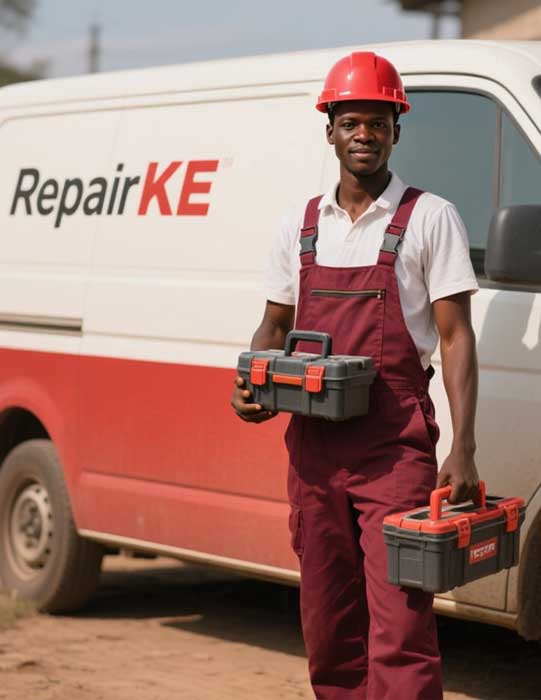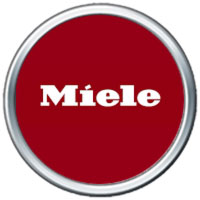Industrial Washing Machine, How They Look & Function
Industrial washing machines are large, heavy-duty machines built for high-volume laundry tasks. Repair.co.ke provides expert services to keep these machines running smoothly. They are used in hotels, hospitals, laundromats, and factories. These machines handle big loads, clean tough stains, and work for long hours. They differ from home washing machines in size, strength, and features.
Industrial washing machines are usually made of stainless steel. This material resists rust and handles heavy use. They have a boxy shape with a large drum inside. The drum holds clothes, linens, or other items. Most machines are front-loading, but some are top-loading. Front-loaders have a glass or metal door with a strong seal to prevent leaks. Top-loaders have a lid on top. Machines are often silver or grey, with a rugged, industrial look.
Sizes vary, but most industrial washing machines are wider and taller than home models. They can be 3 to 5 feet wide, 4 to 6 feet tall, and 3 to 4 feet deep. The drum capacity ranges from 20 to over 400 pounds of laundry. Smaller models hold 20-50 pounds, used in small hotels or laundromats. Larger models, over 200 pounds, are for hospitals or factories cleaning heavy items like blankets or uniforms. Some machines sit on the floor, while others have raised bases for easier loading.
Control panels are on the front or top. These panels have buttons, dials, or touchscreens. They let users set wash cycles, water temperature, and spin speed. Modern machines have digital displays showing time left or error codes. Older models use simple dials for basic settings. Many machines have safety features like emergency stop buttons or lockable doors to prevent accidents.
Industrial washing machines work by spinning a drum filled with water, detergent, and laundry. The drum rotates to agitate clothes, loosening dirt and stains. Water enters through pipes connected to the machine. Pumps control water flow in and out. Motors power the drum’s spin, which can reach high speeds for better cleaning. Some machines have inverters to adjust motor speed, saving energy.
Wash cycles vary based on the laundry type. Standard cycles include normal, heavy-duty, delicate, and sanitize. Sanitize cycles use hot water, often 160°F or higher, to kill germs, ideal for hospitals. Cycles last 30 minutes to over an hour, depending on the load and settings. Some machines have pre-wash or soak options for tough stains. Users can add detergent, bleach, or softener manually or through automatic dispensers.
Water usage is high in industrial washing machines. A single cycle can use 50 to 200 gallons, depending on the drum size. Efficient models have sensors to adjust water levels based on load size. Drainage systems remove dirty water through hoses connected to a drain. Some machines recycle water to save resources, common in eco-friendly models.
Spin cycles are powerful, reaching 1000 RPM or more. This removes more water from clothes, reducing drying time. The drum is mounted on springs or shock absorbers to handle high-speed spins without shaking the machine. Heavy-duty bearings support the drum, but these can wear out, requiring repair from services like Repair.co.ke.
Industrial washing machines often connect to external systems. They need a strong power supply, usually 220-440 volts, depending on the model. Large machines may require three-phase electricity. Water heaters, either built-in or external, provide hot water for cleaning. Some machines connect to steam systems for high-temperature washing, common in industrial settings.
Maintenance is key for these machines. Repair.co.ke offers regular servicing to check motors, belts, and pumps. Common issues include clogged drains, worn bearings, or faulty control boards. Leaks from seals or hoses are also frequent. Technicians clean filters, replace worn parts, and test cycles to prevent breakdowns. Regular maintenance extends machine life and reduces costly repairs.
Advanced models have smart features. Some connect to Wi-Fi, letting owners monitor cycles or get alerts for issues. Error codes show up on displays, helping technicians diagnose problems faster. Repair.co.ke specializes in fixing both smart and traditional machines, ensuring all features work properly.
Industrial washing machines are built for durability. They handle thousands of cycles per year, unlike home machines. Stainless steel drums resist damage from heavy loads or harsh detergents. Frames are reinforced to withstand vibration. However, constant use can cause wear, especially on motors or belts. Repair.co.ke provides fast repairs to minimize downtime.
Different brands offer unique features. Models from Speed Queen, Maytag, or Electrolux are common in Kenya. Some have eco-modes to save water and energy. Others have programmable cycles for specific fabrics like towels or uniforms. Repair.co.ke works with all major brands, sourcing genuine parts for repairs.
Industrial washing machines are essential for businesses with high laundry demands. Their robust design and powerful functions ensure clean results, even for large or heavily soiled loads. Proper care and timely repairs by Repair.co.ke keep these machines running efficiently.






